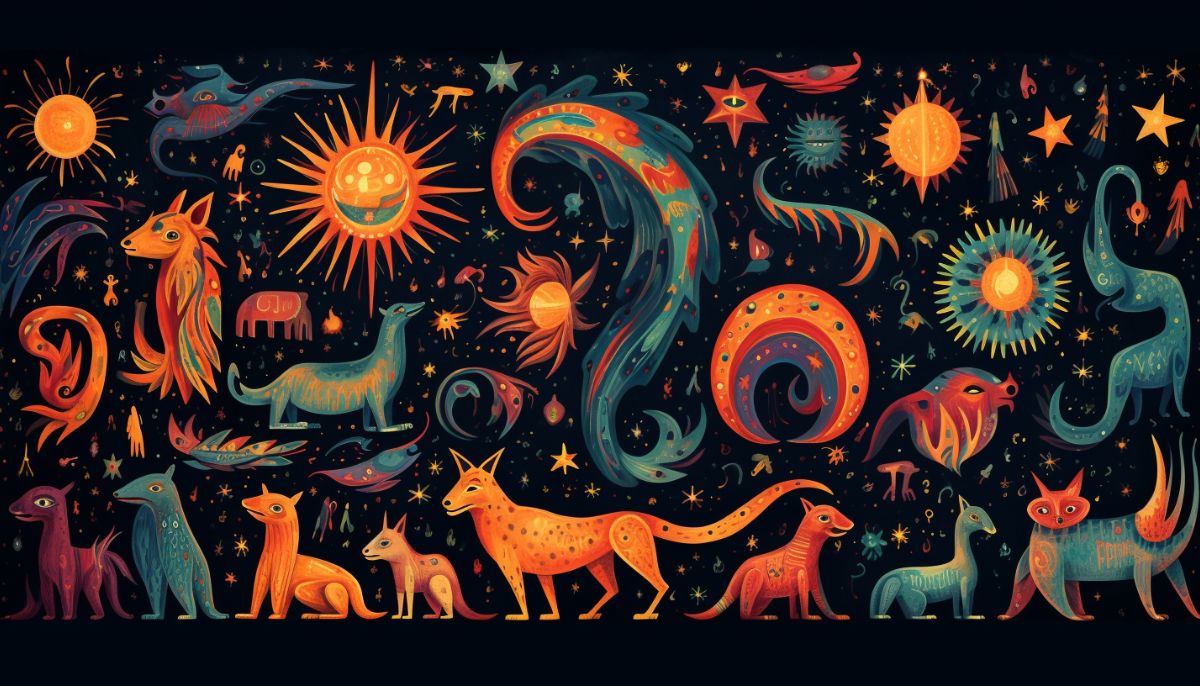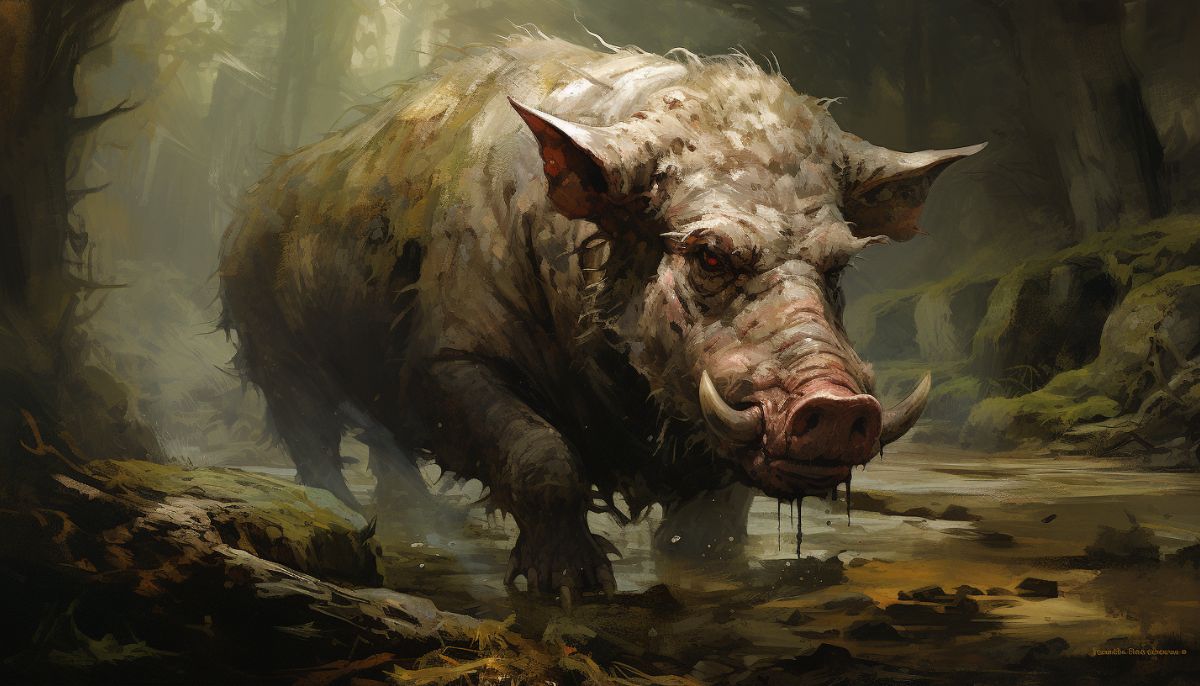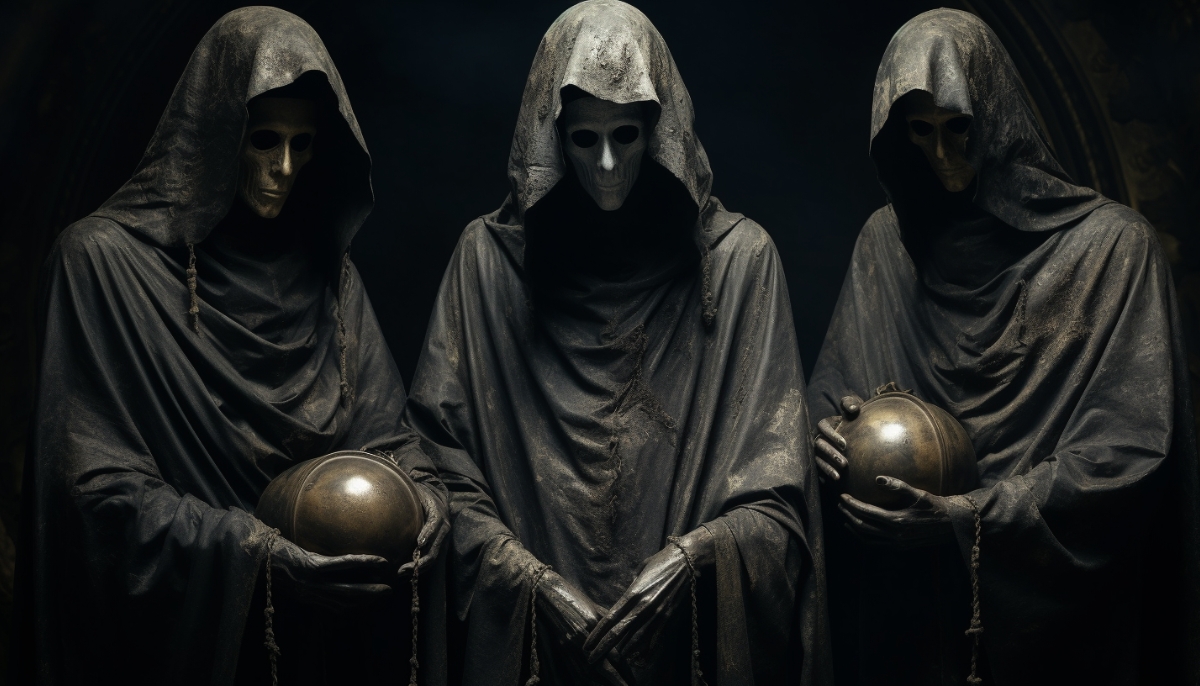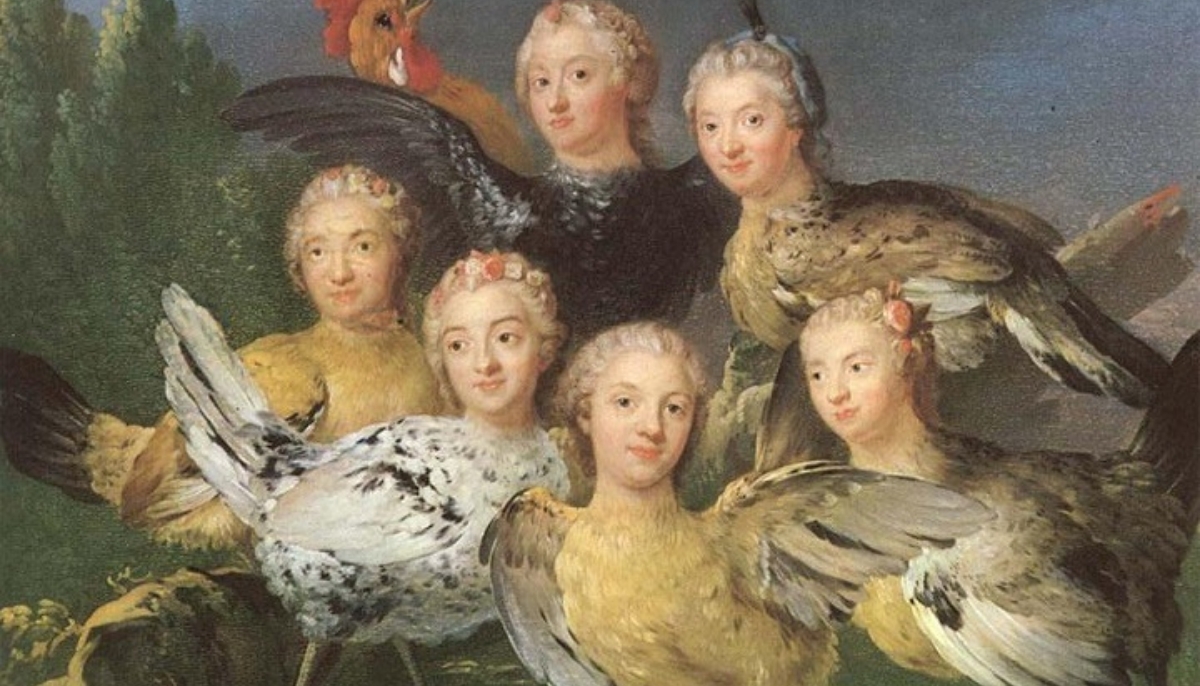Dive into the captivating world of Greek mythology as we unravel the enigmatic tale of the Crommyonian Sow. This formidable creature, known for its imposing presence and menacing deeds, played a significant role in the heroic journeys of ancient Greece. Join us as we explore the mythology, origins, and legendary encounters surrounding this iconic figure.
What is the Sow of Krommyon?
The Crommyonian Sow, entrenched in Greek mythology’s annals, was no ordinary swine. This formidable wild pig terrorized the region surrounding the village of Crommyon, nestled between the ancient Greek cities of Megara and Corinth. Its insatiable appetite for destruction and chaos struck fear into the hearts of the local populace.
According to the Bibliotheca of Pseudo-Apollodorus, intriguing origins shroud the Crommyonian Sow. Some accounts suggest that it was believed to be the offspring of the monstrous union between Echidna and Typhon, two primeval entities known for their terrifying nature. Curiously, the Sow garnered its name from an elderly woman who had nurtured it in its early years.
Is the Crommyonian Sow the mother of the Calydonian Boar?
Adding an intriguing layer to its mythology, Strabo’s account establishes a link between the Crommyonian Sow and another iconic creature, the Calydonian Boar. According to this narrative, the sow was believed to be the mother of the renowned boar that would later become a central figure in Greek myth.
What did the Crommyonian sow look like?
The Crommyonian Sow, a creature steeped in Greek mythology, possesses an imposing menace. While written sources on this legendary creature may be scarce, its portrayal in various artistic depictions, such as pottery imagery, provides insight into its formidable appearance.
This monstrous swine is often depicted with exaggerated features, emphasizing its size, strength, and fearsome nature. Its tusks, in particular, are highlighted, projecting an image of a creature capable of great destruction.
Crommyonian sow Mythology
In the heroic tales of Theseus, the valiant Athenian prince, the confrontation with the Crommyonian Sow marked one of his early adventures. Theseus, renowned for his courage and strength, took up the mantle to rid the land of this menacing creature.
What did the Crommyonian Sow do?
The Crommyonian Sow emerges as a formidable figure known for the havoc it wreaked upon the region encompassing the village of Crommyon. Its insatiable appetite for destruction and chaos made it a terror to the local populace, and its origins were shrouded in intriguing tales.
Theseus and the Crommyonian sow
One of the most enduring stories involving the Crommyonian Sow revolves around the legendary hero Theseus. This encounter with the sow was pivotal in Theseus’ heroic journey, a testament to his courage and unmatched strength. The Sow, a man-eating menace, was the devoted companion of an old crone named Phaia (Phaea).
As Theseus embarked on his journey from Troizenos to Athens, his path was fraught with challenges, including encounters with various bandits and miscreants. Among them was Phaia and her fearsome sow. Theseus, undaunted by the formidable duo, rose to the occasion, ultimately vanquishing both Phaia and her monstrous companion.
Plutarch’s version of the Sow
Plutarch’s account offers a slightly different perspective, suggesting that Phaia herself was a murderous female robber, earning her the nickname “Sow” due to her uncouth manners and her portly, unruly children. In this version, it was Phaia herself who met her end at the hands of Theseus, solidifying his reputation as a hero of unmatched valor.
The tale of the Crommyonian Sow and Theseus is a testament to the hero’s unwavering determination and pivotal role in cleansing the land of menacing threats. It is a narrative showcasing Greek heroes’ enduring legacy and encounters with legendary creatures.
Want to know more about the creatures and monsters of Greek Mythology?

Explore more articles like this in our broader series on Greek monsters. To delve even deeper into the world of mythical creatures, be sure to check out our comprehensive hub article on the monsters of Greek mythology.






